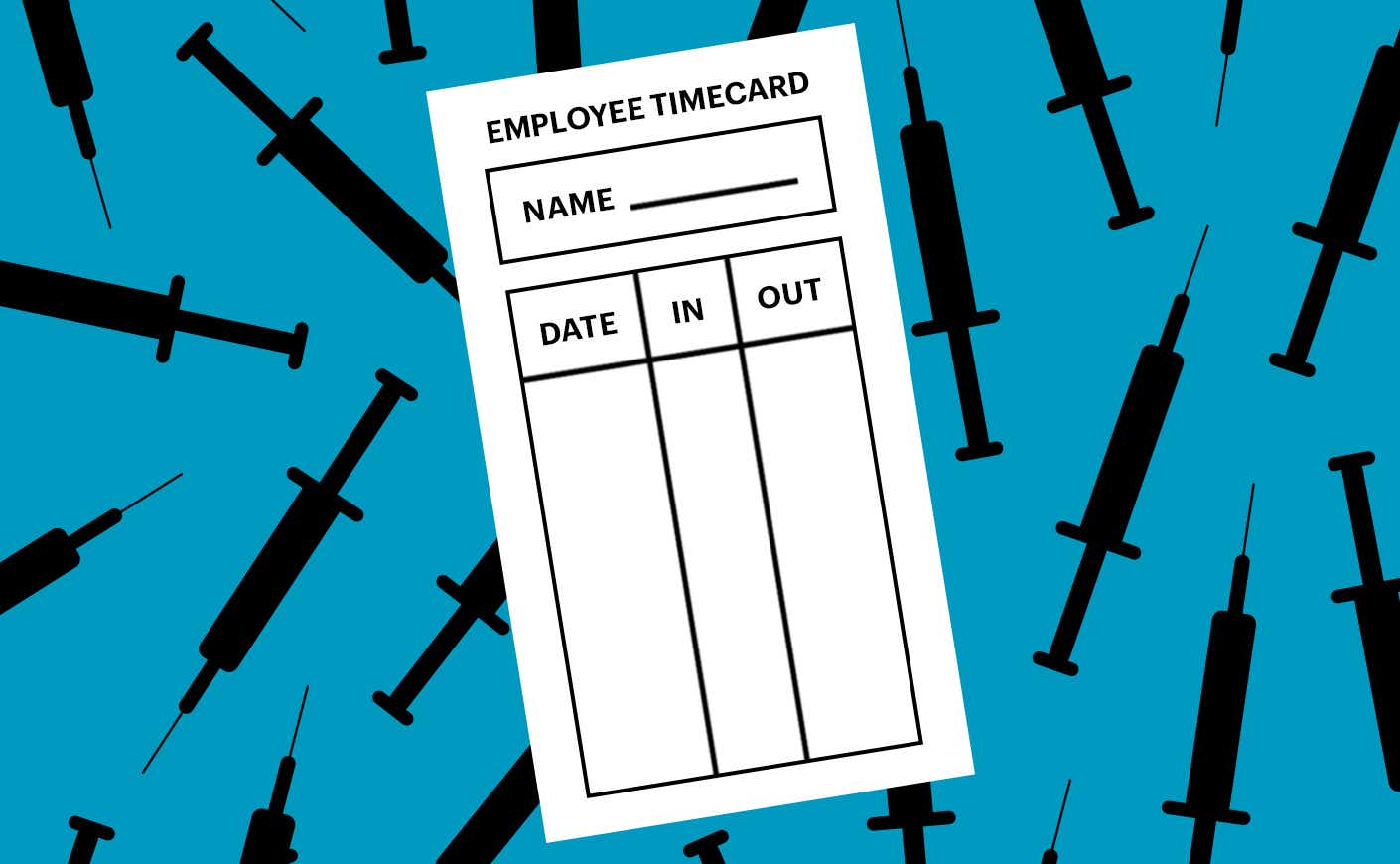President Biden officially rolled out his latest vaccine mandate on Thursday — and the rules affect more than 100 million workers. We have the details below.
What are the new rules?
The Occupational Safety and Health Administration, which is under the Labor Department, issued new rules Thursday that take effect Jan. 4, 2022. The guidelines require businesses with 100 or more employees to make sure their workforce is fully vaccinated against Covid-19 or test negative for the virus at least once per week. If they refuse, they could face penalties of up to $13,653 for serious violations.
What are employees entitled to?
Starting Dec. 5, employers must offer up to four hours of paid time off for their workers to get the vaccine, as well as sick leave for them to recover from side effects.
But what about those who aren’t vaccinated?
According to the requirements, you have to mask up indoors by Dec. 5 and provide a negative Covid test on a weekly basis after the January deadline. But you should note that companies aren’t generally required to pay for or hand out tests or face coverings.
And are there any exceptions?
These rules don’t apply in some cases, such as if people work alone in a workplace, work remotely, or have a job that takes place exclusively outdoors. And those with religious beliefs and certain disabilities that prevent them from getting vaccinated can also be exempted from having to get the shot.
Should we expect any pushback?
This is all but certain. Companies covered by the rules can challenge them in court, and that’s expected in the coming days. The move has already become a contested issue among business groups, who remain split over it. While some voiced support for the pro-business changes to the final rule, others like the Retail Industry Leaders Association that’s backed by Target and CVS contend that it will disrupt the holiday shopping season that’s already strained by supply chain issues.









